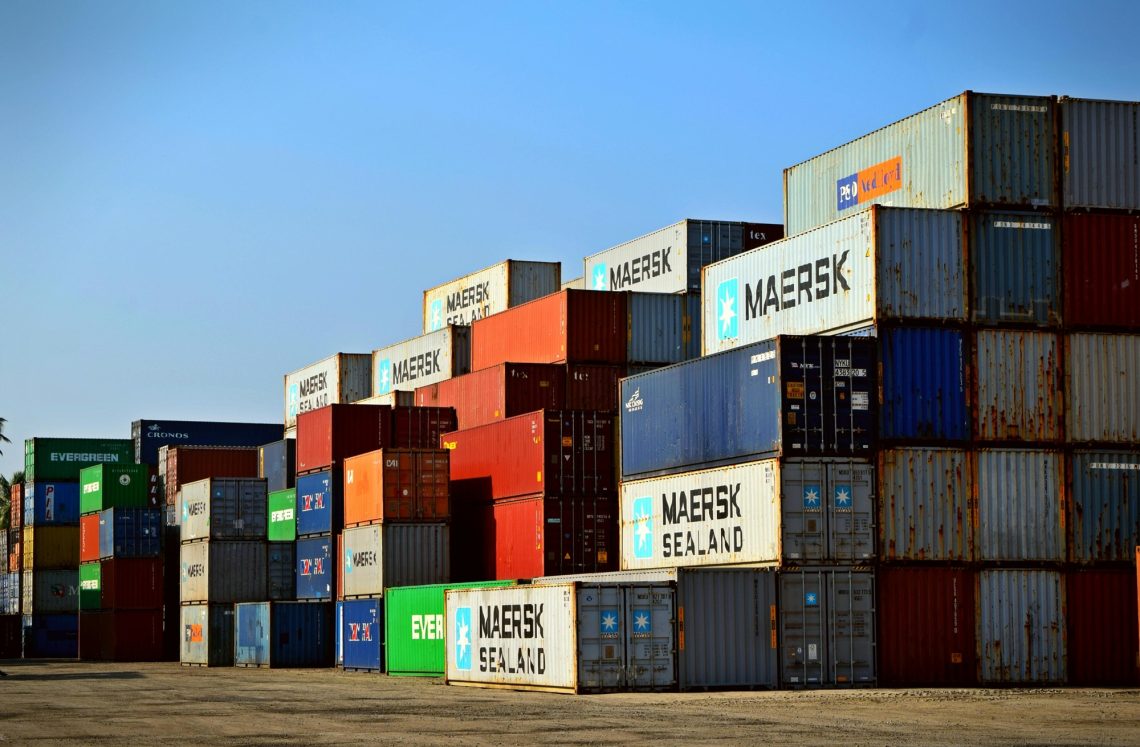
From Booking to Delivery: How Freight Management Software Simplifies Operations
Managing freight is no small task. From coordinating shipments to tracking deliveries and handling unexpected delays, the logistics process is full of moving parts. If you’re still relying on outdated methods like spreadsheets, phone calls, and manual paperwork, things can get chaotic fast. Freight management software changes the game, bringing efficiency, accuracy, and real-time insights to the entire process. But how exactly does it work, and what makes it such a valuable tool?
What is Freight Management Software?
Freight management software (FMS) is a digital platform designed to help businesses streamline shipping operations. It centralises everything—booking, tracking, communication, cost management, and compliance—into one easy-to-use system. Instead of juggling multiple tools or manually tracking shipments, an FMS gives you complete visibility over your logistics in real time. Whether you’re a manufacturer, retailer, or logistics provider, having this level of control can save time, reduce costs, and improve customer satisfaction.
How Freight Management Software Simplifies Operations
1. Easy Booking and Carrier Selection
Booking freight can be a hassle, especially when dealing with multiple carriers and pricing options. Freight management software simplifies this by allowing you to:
- Compare carrier rates – Get instant quotes from different carriers to choose the most cost-effective option.
- Automate bookings – Instead of making calls or sending emails, book shipments directly through the platform.
- Access contract rates – If you have negotiated rates with specific carriers, an FMS automatically applies them.
- Set shipping preferences – Choose the best shipping mode (LTL, FTL, air, ocean, rail) based on your needs.
This not only saves time but also ensures you’re getting the best possible rates for every shipment.
2. Real-Time Tracking and Visibility
Once a shipment is on the move, knowing exactly where it is and when it will arrive is crucial. Freight management software provides real-time tracking with GPS integration, so you’re never left guessing.
- Live updates – Track shipments in real time and receive alerts on any delays.
- ETA predictions – Get accurate estimated arrival times based on traffic, weather, and other factors.
- Customer notifications – Keep clients informed about delivery status automatically.
- Exception management – If a delay occurs, the system flags it immediately so you can take action.
Having this level of visibility not only improves efficiency but also enhances trust with customers and partners.
3. Automated Documentation and Compliance
Paperwork is one of the most frustrating parts of freight management. Bills of lading, customs declarations, invoices—keeping everything organised can be a nightmare. Freight management software automates documentation, reducing errors and ensuring compliance with local and international regulations.
- Electronic documents – Generate and store all shipping documents in one place.
- Automated customs clearance – Ensure accurate and timely filings to avoid delays.
- Audit trails – Keep a record of all transactions for easy reference.
- Regulatory compliance – Stay up to date with changing transport regulations.
This not only eliminates manual errors but also speeds up shipping times by ensuring all paperwork is correct from the start.
4. Cost Control and Optimisation
Freight costs can quickly add up, especially if you’re not keeping a close eye on them. An FMS provides detailed insights into shipping expenses, helping businesses cut unnecessary costs and optimise spending.
- Freight cost analysis – Break down expenses by carrier, route, and shipment type.
- Fuel surcharge monitoring – Track fluctuating fuel costs and adjust strategies accordingly.
- Invoice auditing – Automatically verify carrier invoices to ensure accurate billing.
- Route optimisation – Identify the most efficient shipping routes to reduce transit times and costs.
By analysing data and trends, businesses can make informed decisions that improve profitability without compromising service quality.
5. Streamlined Communication and Collaboration
Miscommunication between suppliers, carriers, and customers can cause major disruptions. Freight management software acts as a central hub where all stakeholders can access the same information.
- Unified platform – All shipping details, documents, and updates are in one place.
- Automated notifications – Reduce back-and-forth emails with real-time status updates.
- Carrier integration – Connect directly with transport providers for seamless coordination.
- Customer portals – Allow customers to track shipments and manage their orders independently.
Better communication means fewer delays, reduced errors, and improved efficiency across the entire supply chain.
6. Data Insights and Reporting
Understanding shipping performance is key to continuous improvement. Freight management software provides powerful analytics tools to help businesses track key metrics, identify trends, and make data-driven decisions.
- Performance tracking – Monitor on-time delivery rates, carrier reliability, and shipment efficiency.
- Cost vs. performance analysis – Compare carriers and routes to find the best balance between cost and service.
- Sustainability tracking – Measure carbon emissions and optimise shipping for eco-friendly initiatives.
- Custom reports – Generate detailed reports tailored to business needs.
With access to this data, companies can fine-tune logistics strategies and ensure long-term success.
Choosing the Right Freight Management Software
Not all FMS platforms are the same. When selecting the right one for your business, consider:
- Scalability – Can the software grow with your business?
- Integration – Does it connect with your existing systems (ERP, CRM, WMS)?
- User-friendliness – Is the interface intuitive and easy to use?
- Customer support – Is there reliable support when needed?
- Security – How well does it protect sensitive data?
A well-chosen FMS can make all the difference in simplifying operations and maximising efficiency.
The Future of Freight Management
As technology continues to evolve, freight management software is only getting smarter. AI-driven analytics, predictive shipping models, and enhanced automation are shaping the future of logistics. Businesses that embrace these advancements will gain a competitive edge, improving efficiency and customer satisfaction.
For those still relying on manual methods, now is the time to switch. A modern FMS takes the guesswork out of freight management, ensuring smoother operations from booking to final delivery. With greater visibility, cost savings, and automation, managing logistics has never been easier.
Until next time.




